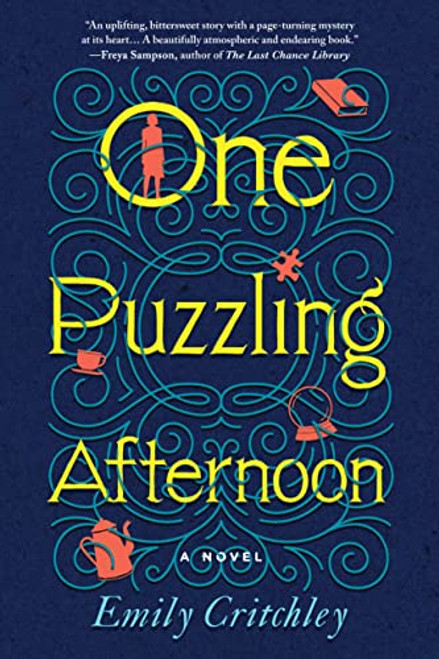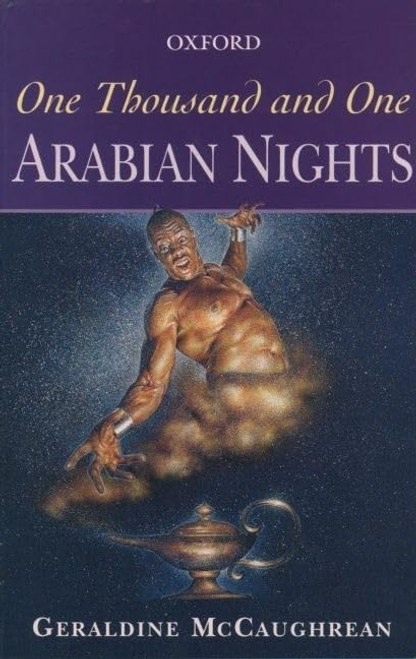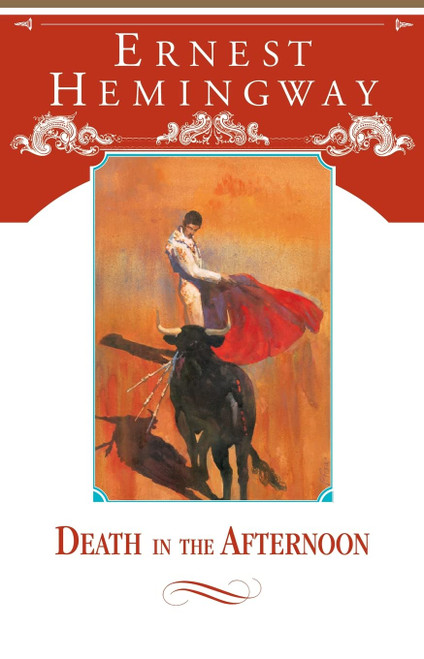The columns in 1,001 Afternoons in Chicago are scruffy time capsules of an earlier Chicago, an era that is long gone but still recognizable to readers' imaginations. Michigan Avenue, Lake Michigan, street names such as Dearborn and Adams and LaSalle and Wabansia, places such as the Art Institute of Chicagothey're all here, sprinkled amid Hecht's nervous little haikus of urban life. He calls Chicago a razzle-dazzle of dreams, tragedies, fantasies, and his tales capture gorgeous scraps of it, vivid vignettes starring businessmen and hobos and cops and socialites and janitors. . . . Thanks to Hecht, the Chicago of 1922 and the Chicago of 2009 bump into each other, shake hands, exchange greetings. Then, this being Chicago, they go for a drink and talk about old times. New ones too.Julia Keller, Chicago Tribune
The hardboiled audacity and wit that became Hechts signature as Hollywoods most celebrated screen-writer are conspicuous in these vignettes. Most of them are comic and sardonic, some strike muted tragic or somber atmospheric notes. . . . The best are timeless character sketches that have taken on an added interest as shards of social history.L. S. Klepp, Voice Literary Supplement










